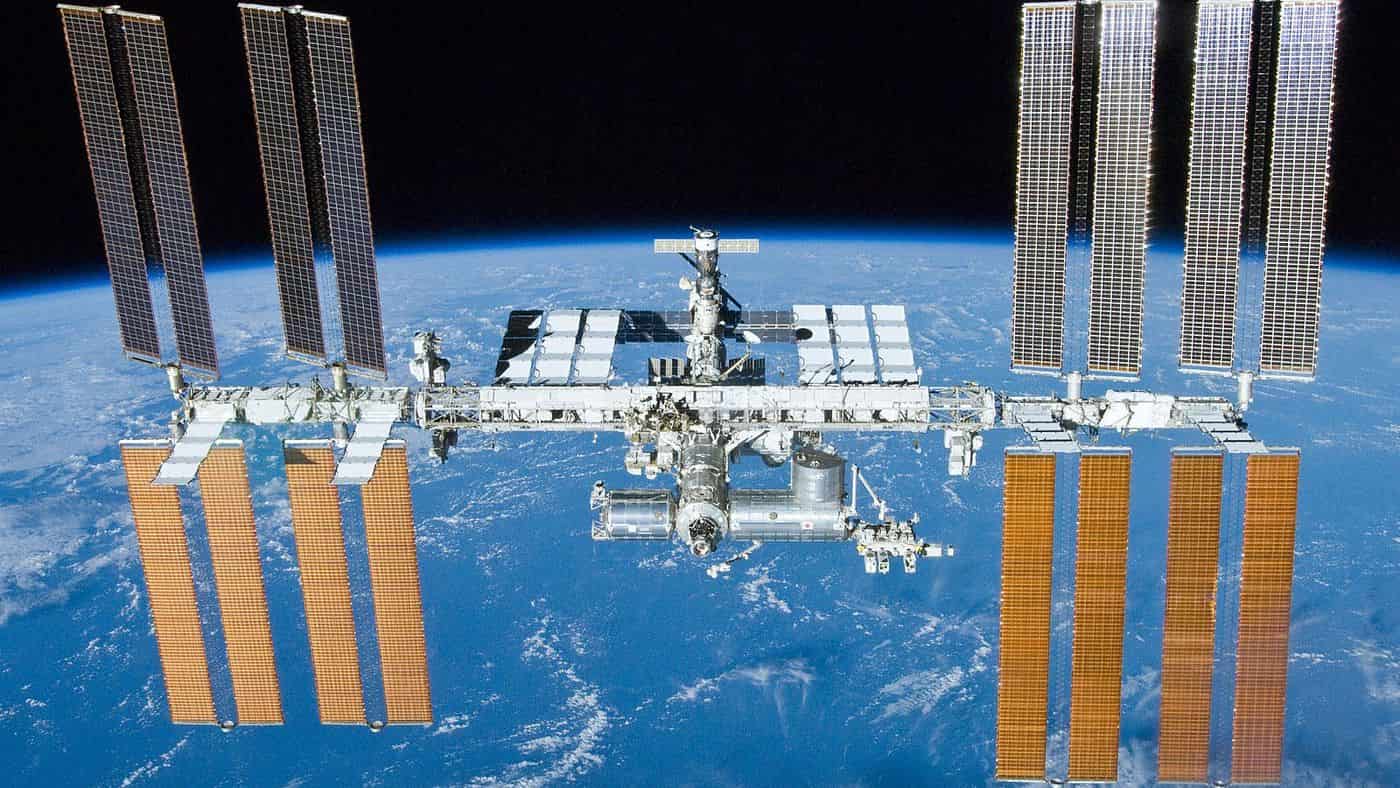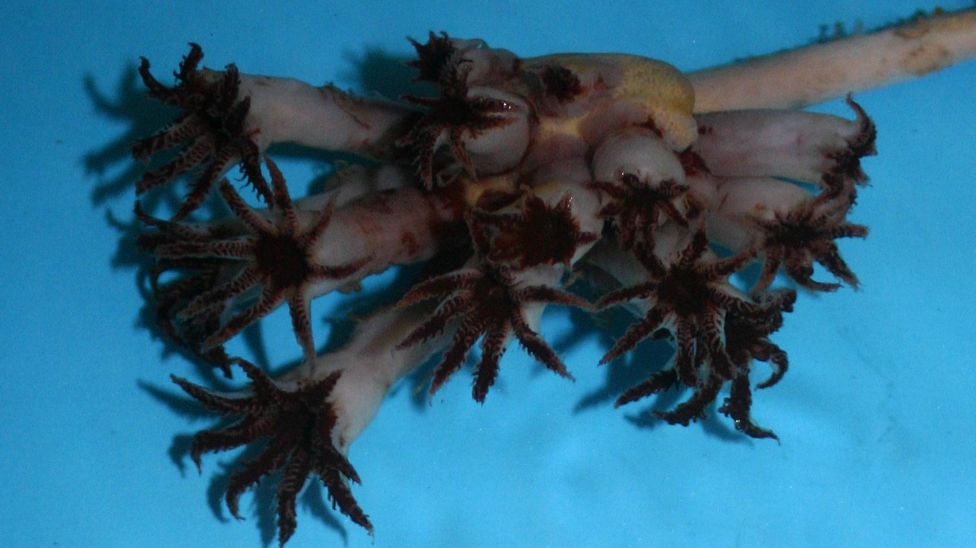January 2022 Current Events: Science & Technology News

World News | US News | Disaster News
The world is a very busy place, and it's hard to stay on top of everything. Infoplease has got you covered. Here are the science and technology news events you need to know so far for January 2022:
- Ethiopian Crop Offers Promise of Food Security Despite Climate Change
- Study of Astronauts Offers Insight into Anemia
- Scientists Discover New Deep Sea Coral
Ethiopian Crop Offers Promise of Food Security Despite Climate Change

Photo Source: James Borrell/RBG Kew
A recent study has offered promising prospects for food security in a warming world. Enset, a regional crop largely unknown outside of its native Ethiopia, has been assessed for its ability to survive in a range of dry, hot climates, and for its usefulness as a staple grain. Occasionally called a "false banana", wild strains of Enset can grow all across Africa. Scientists hope this adaptability will help prevent food shortages due to climate change.
Source: BBC
Study of Astronauts Offers Insight into Anemia

Photo Source: NASA
Scientists studying the effects of prolonged space flight on astronauts have found that red blood cells die almost 50% faster in space than on Earth, resulting in the widely attested anemia that astronauts suffer upon their return to Earth. Researchers studying this phenomenon are optimistic that it could yield new insights into how anemia affects the body and how it might be treated, offering relief for millions who suffer from iron deficiencies and low blood cell counts.
Source: BBC
Scientists Discover New Deep Sea Coral

Photo Source: Marine Scotland
Scientists at Marine Scotland, a Scottish government agency tasked with studying and preserving the marine environment, has discovered a new species of deep-sea coral in partnership with Spanish scientists. This new discovery preempted a later discover of a new coral reef in Tahiti, kicking off a good month for coral; people around the world are celebrating the discoveries, as rising ocean temperatures have begun killing off huge areas of the world's coral reefs and endangering coral species globally.
Source: BBC







